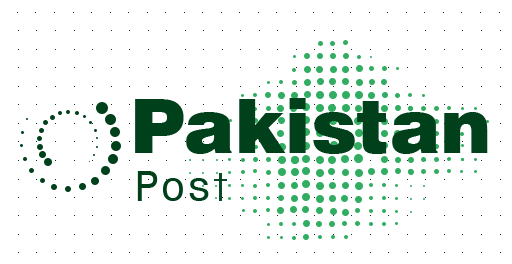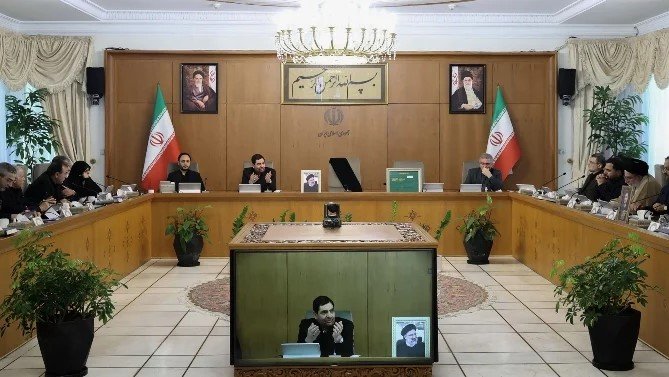Following the death of President Ebrahim Raisi, Iran confronts critical election challenge. The legitimacy of the Islamic Republic has traditionally been bolstered by high voter turnout, but recent trends show a decline in public participation. This election, mandated by the Constitution to occur within 50 days of Raisi’s death, presents significant challenges for Supreme Leader Ayatollah Ali Khamenei.
Ayatollah Khamenei faces two risky options. He could allow an open election, welcoming candidates from across the political spectrum, from hard-liners to reformists. This approach risks a competitive election that might lead Iran in an unpredictable direction. Alternatively, Khamenei could restrict the candidate pool, blocking not only reformists but even moderate loyalists, potentially resulting in an even lower voter turnout. Such an outcome could be seen as a public rebuke of the increasingly authoritarian state.
Voter turnout in Iran has steadily declined, from over 60% in parliamentary elections in 2016 to just above 41% in the most recent elections. This decrease reflects growing public disillusionment with the clerical establishment.
The role of the president in Iran, while limited to domestic policy and economic matters, remains influential. Low turnout in recent elections highlights public dissatisfaction with the current hard-line and conservative leadership. The death of Raisi, a staunch Khamenei loyalist, complicates the political landscape further. Without a clear successor, internal power struggles among conservatives are likely.
Potential candidates for the presidency include Mohammad Baqer Ghalibaf, a pragmatic technocrat and current speaker of Parliament, and Saeed Jalili, a hard-line former nuclear negotiator. Ghalibaf’s poor performance in Parliament and public outrage over his family’s luxury shopping in Turkey diminish his appeal. Jalili’s candidacy would signal a continuation of hard-line policies, particularly regarding relations with the West.
Despite the turmoil, Khamenei has historically excluded reformist and moderate candidates, ensuring victories for hard-liners like Raisi, who won in 2021 with the lowest-ever presidential election turnout. This strategy reflects Khamenei’s focus on maintaining stability and control, especially with his advanced age and frail health. Iran confronts critical election challenge whether Khamenei opts for a restrictive or open election.


